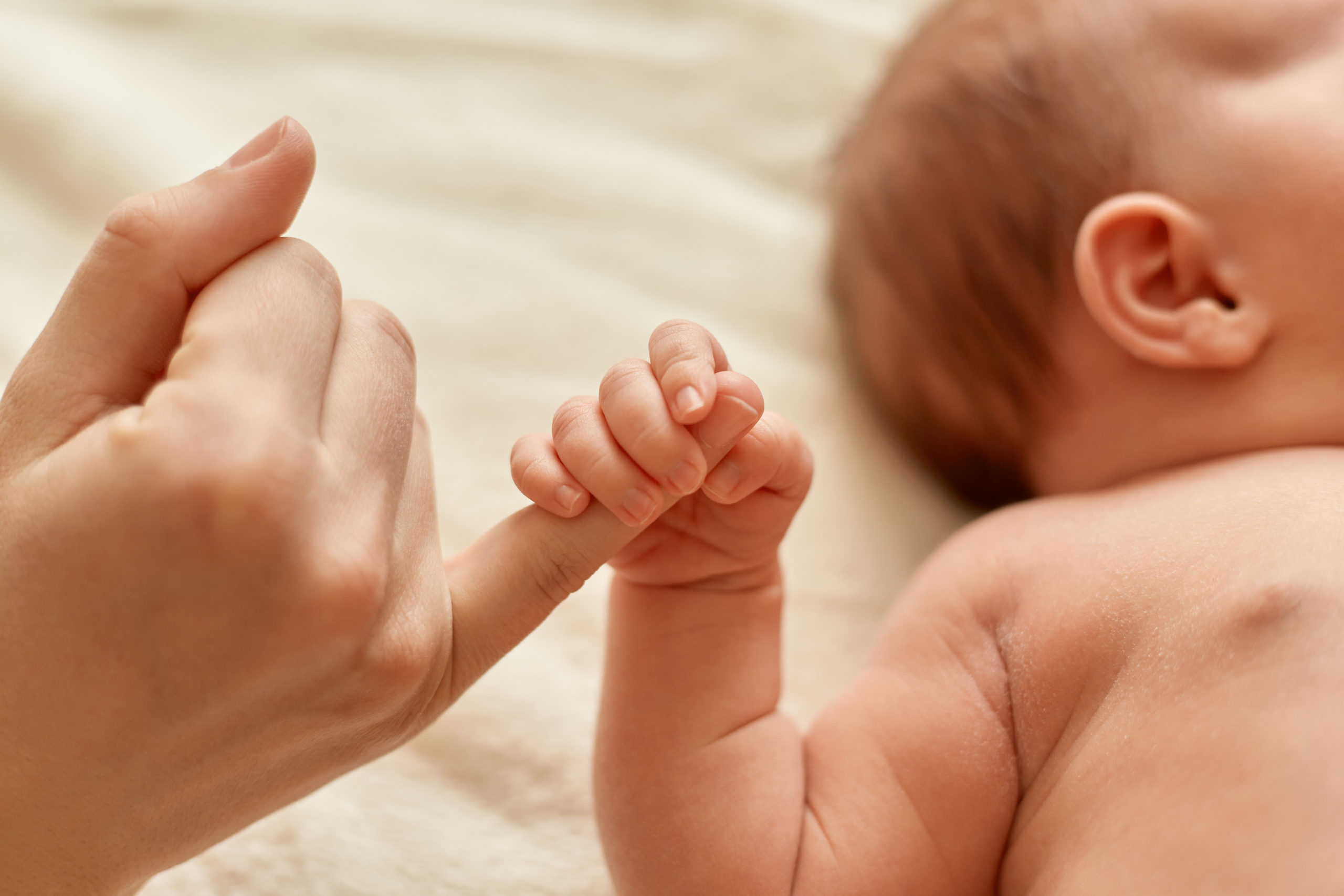
Supreme Court rules that commercial surrogacy seriously violates the fundamental rights of the child, including the right to know their biological origins
The Spanish Supreme Court ruled that commercial surrogacy is contrary to the Law on Assisted Human Reproduction Techniques (Art. 10), which establishes the nullity of such agreements and the determination of parentage by childbirth. They found that it seriously violates the fundamental rights of women and children recognised in the Constitution and in international human rights instruments. The judgment resolved the appeal lodged by the Public Prosecutor’s Office against a judgment that had declared maternal filiation with respect to the intending mother of a child born from a surrogacy arrangement in Mexico, without providing her own genetic material, by means of a contract in which a mediating agency intervened. In particular, with regard to the child, the Court referred to Article 35 of the CRC and the Optional Protocol to the CRC on the sale of children, child prostitution and child pornography, on the obligation of States to prevent the abduction, sale or trafficking of children, and the Report (15 January 2018) of the Special Rapporteur on the sale and sexual exploitation of children, Maud de Boer-Buquicchio (currently President of CHIP), which establishes that commercial surrogacy as it is generally practiced constitutes a sale of children, as it meets the Optional Protocol’s criteria (remuneration or payment for the transfer or exchange of the child). The Court considered that surrogacy treats the child as an object, and is “seriously prejudicial to the child’s dignity and moral integrity (and may also be prejudicial to his or her physical integrity given the lack of control over the suitability of the intending parents) […] and also violates his or her right to know his or her origins”. The Court added that, despite the prohibitions, adoption could be considered to ensure the suitability of the prospective parents and to guarantee the best interests of the child.
Based on UNICEF and Child Identity Protection (CHIP) brief on surrogacy, when safeguards are not fully aligned with the child’s rights in the CRC and its optional protocol, a post-birth best interest determination (BID) should be conducted. Such a BID is essential in cases whenever any child’s rights are at risk of being violated – especially related to the sale of the child including their identity – in order to determine both legal parentage and parental responsibility. While catering for the immediate needs of the child are primordial, long-term considerations such as the right to identity are equally important and should be factored into any assessment. Careful attention should be given to how the child may feel when they are older if their intending parent(s) participated in the sale and that the State nevertheless placed him or her with them. Any decision should not lead to the child feeling commodified – ever. Lessons can be drawn from like cases and what happens to every other parent who engages in sale whether selling or receiving a child outside surrogacy. It is unlikely in these cases that legal parentage and/or parental responsibility would be granted, or that a prospective parent would be deemed suitable for adoption with such antecedents. Such conclusions will depend on many factors, including the degree of complicity in child selling. It is for this reason that a BID decision should be undertaken on a case-by-case basis, whenever children’s rights are at stake.
CHIP outlined in an interview with RTVE the risks posed by international surrogacy arrangements to the rights of the child, and in particular the right to identity. CHIP therefore stressed the importance of safeguarding of all rights of the child, regardless of the particular position of States on surrogacy.
Sources: https://diariolaley.laleynext.es/content/Documento.aspx?params=H4sIAAAAAAAEAMtMSbH1CjUwMDA3MgMCc7Wy1KLizPw827LM9NS8klQQPzOt0iU_OaSyINU2LTGnOFUtMak4P6e0JDW0KNM2pKg0FQAKVMHuRQAAAA==WKE and https://child-identity.org/en/resources/advocacy-and-policy/400-february-2022-world-briefing-note-on-children-s-rights-and-surrogacy-is-published.html





